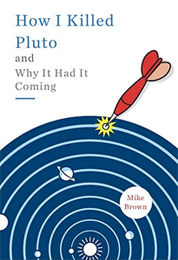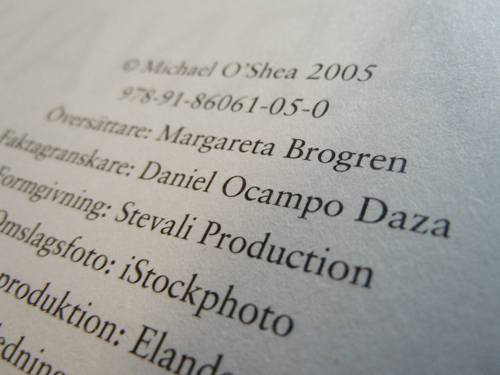
During these holidays I've tried to catch up with a lot of reading, and one book that I literally could not put down is Mike Brown's
"How I Killed Pluto and Why It Had It Coming". It's a very personal re-count of the discoveries by Brown's research team that lead to the "demotion" of Pluto from a planet to a
"dwarf planet", but most of all it's a great story of
how scientific inquiry and scientific discovery
happens.
Mike Brown's team found themselves
scooped out of one of their main discoveries, under suspicious circumstances, which forced them to announce their discovery of the "tenth planet"
Eris before their analysis was finished. This takes the book into a discussion of whether or not it's right for researchers to hold on to their discoveries until they have researched them thoroughly, a process that can take years, or if it's preferable to "release" them into the world as fast as possible. Brown's team was accused of "hiding" information from the astronomical community.
One of the things that is so strange about these allegations is that they should also be made of every single scientific result that is published in every single reputable scientific journal. In all such cases, scientists make discoveries, they verify their discoveries, they carefully document their discoveries, and they submit papers to scientific journals. What they don't do is make discoveries and immediately hold press conferences to announce them... Good science is a careful and deliberate process. The time from discovery to announcement in a scientific paper can be a couple of years.
<...>
The discovery itself contains very little of scientific interest. Almost all of the science that we are interested in doing comes from studying the object in detail after discovery.
Brown also captures the nervous anticipation of having made a discovery but not being able to talk about it for the longest time, and the sheer terror that someone else will have seen the same thing and get there before you. I can relate. To me this is one of the book's biggest merits, bringing this perspective of the scientific process out to the general audience. A discovery
should remain "brewing" for whatever time it takes to analyze it, before it's announced. This is especially important in light of sensationalistic scientific
announcements by
press conference.


